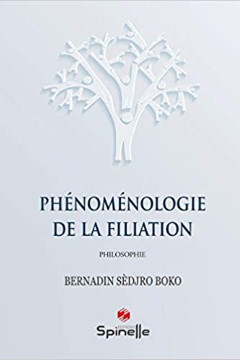This document is unfortunately not available for download at the moment.

(2005) Phenomenology and the Cognitive Sciences 4 (2).
Hume and cognitive science
the current status of the controversy over abstract ideas
Mark Collier
pp. 197-207
Not implemented yet !


